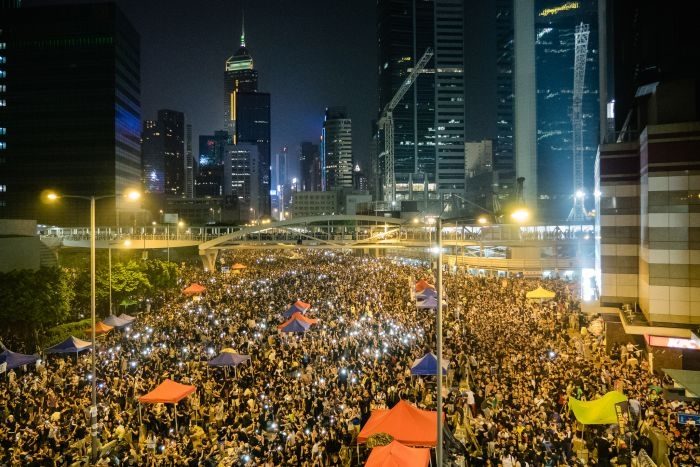
The Occupy Central Movement protests in Hong Kong in 2014 divided the local media in their stance: some applauded the fight for democracy, others condemned the actions. William Dezheng Feng, of the Hong Kong Polytechnic University, investigated reports from four major Chinese newspapers in Hong Kong, using an attitude framework.
The news articles’ attitudes toward the event form a continuum from supportive through neutral to antipathic. This is consistent with the political labels of the newspapers as pro-democracy (Apple Daily), liberal (Ming Pao) and pro-Beijing (Oriental Daily News and Ta Kung Pao).
However, the attitudes found are not just reflections of the papers’ stances. They are also strategically selected and designed to legitimize or delegitimize the protests, the author writes. These forms of power are exercised through rationalization, moralization and authorization.
The coverage reflects the divergence of Hong Kong’s society, the author concludes. At the same time, the news exacerbate the divergence by reinforcing existing attitudes. The author calls for more impartial and objective reporting.
The article “Ideological dissonances among Chinese-language newspapers in Hong Kong” was published in Discourse & Communication and is available online (abstract free).
Picture: Hong Kong’s Umbrella Revolution by Studio Incendo, license CC BY 2.0